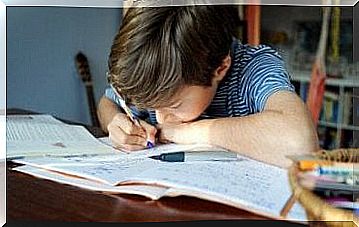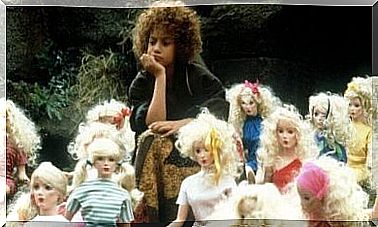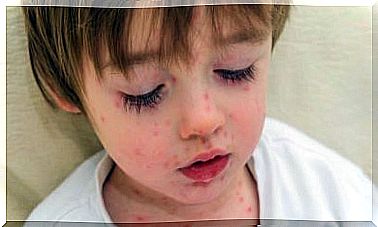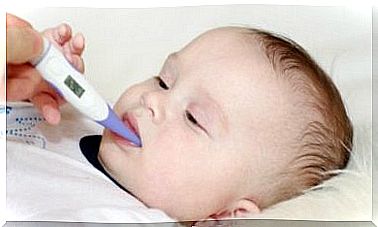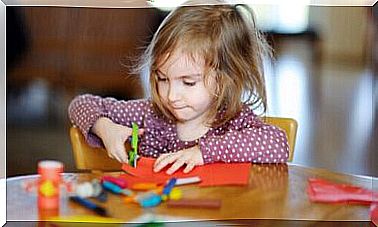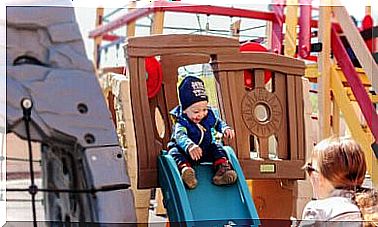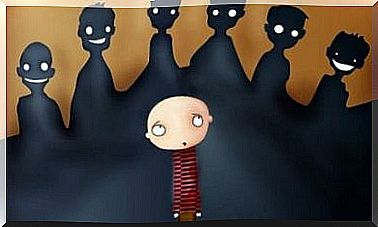Restless Or Hyperactive Children? – Being Parents
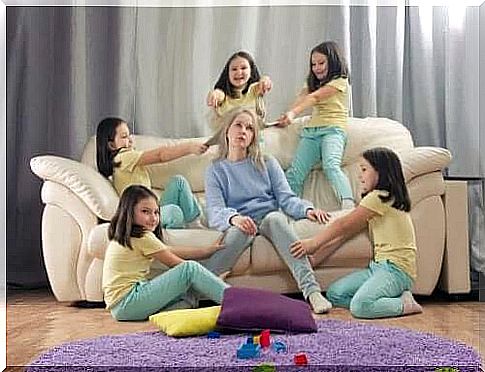
Restless or hyperactive children? You have surely asked yourself this question if your child is full of energy and cannot sit idly by. In fact, it is something that worries parents, especially when children start school and teachers complain that they cannot keep still.
More and more children, at early ages, are being labeled “hyperactive”. However, at these ages, it is very difficult to establish a diagnosis and therefore to label the child for the rest of his life. We have to be very careful about this. Some kids may be hyperactive, but a lot of them are just kids with lots of energy, who need to move.
Restless or hyperactive children at school
Often, parents notice that their children, from an early age, cannot sit still; they are dynamic children who like to dig and discover things. They don’t sit there for long.
When your little one enters school, the first thing the teacher tells you is ” you have a very agitated child, he may have ADHD (attention deficit disorder with or without hyperactivity), I will say it. to the guidance counselor to have a look ”.
But can we say of a 3 year old child who has just entered kindergarten that he is hyperactive? It shouldn’t be, and it doesn’t have to be. Many specialists say that the diagnosis of ADHD should not be made before CE1 (around 7-8 years), which is the time when one can begin his evaluation.

If, at such an early age, we already put this hyperactive label on him, he will have to drag it throughout his education stage and this will negatively mark his self-esteem and his way of being. It might just be a kid with a need to experiment, touch, move, etc.
Every child is different
Children who need to move and who never stop, there are and always will be. This is not necessarily synonymous with hyperactivity problem. Today the first thing we do is put on this label and immediately start giving medicine.
All children are different and, in principle, we only worry when their behavior leads to problems. Some children have trouble bonding with others and won’t let go of their books, and others have learning problems but don’t interfere in class.
In both cases, it is clear that there are emotional issues, but they are not labeled as one would with a child who does not hold still, for the simple reason that the characteristics of the latter can. disturb the teacher in class. Children are often given drugs who have not even received a reliable diagnosis yet, but this way they behave better in the classroom.
Restless or hyperactive children: solutions
We are now going to offer you some solutions to take into account the behavior and the way of being of our little ones before labeling them as hyperactive.
Attention to diversity at school
Not all children are the same and that shouldn’t be a problem. From this reflection, we should assess the need of the little ones to touch, to move, to experiment with their hands.
This helps them understand the difficulty they experience in sitting for long periods of time. Moreover, if there is attention to diversity at school, this must be taken into account.
Pharmacological therapy
From a physiological point of view, it is possible to give the child medicine to control this hyperactivity, but sometimes we treat them without there being true ADHD. We must therefore be careful and wait for an evaluation at the right time.
The importance of psychological attention
More and more families and educators are asking for this problem to be treated, taking into account that it can have a psychological origin and treatment. Some causes can be:
- A lack of stimuli at early ages that facilitate the bond of children with their parents.
- An excess of artificial stimuli such as television, cell phone, video games, tablet, etc.
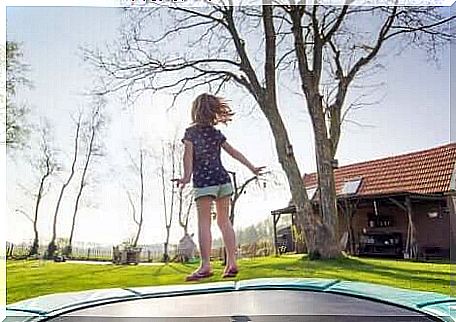
A healthy diet
Many nutritionists have indicated that an excess of refined sugars and chemical additives can produce excitability in younger children.
Meet your needs
We must take into account the nature of each child, his needs, his desires and, of course, establish limits and standards, but without being too rigid.
We can, at home, work with the child on activities related to touch: touching water, mud, paint… and establish an area where he could get rid of all this energy by moving, jumping, running.
Facilitate the expression of his emotions
We have to let the child express his emotions and tell us how he is feeling and, of course, give him hugs and massages.
About restless or hyperactive children
As you can see, this is a delicate subject. Some children are diagnosed and treated with medication even though they do not have an hyperactivity disorder. Tags at early ages are not a gift for children.
As parents, we need to avoid a doctor making a diagnosis until our child is 7 or 8 years old because a full assessment is not possible before that age. In younger people, excess movement may be due to a lack of cognitive maturation.


